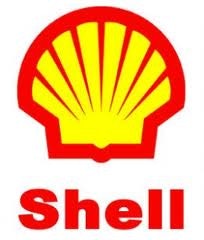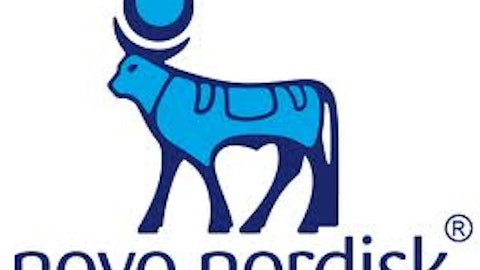Bio-based enzyme producer Codexis, Inc. (NASDAQ:CDXS) reported financial results for the fourth quarter and full-year 2012 last week. How did things go? Well, the company was clearly set back after Royal Dutch Shell plc (ADR) (NYSE:RDS.A) axed a partnership between the two earlier in the year. What was more surprising for investors was the pullback in pharmaceutical revenue, which is by far the company’s most mature revenue stream. Is all hope lost for this once-promising sustainable chemical enabler?

Here are the dismal results:
| 4Q12 | 4Q11 | 2012 | 2011 | |
|---|---|---|---|---|
| Product sales | $6.83 | $15.49 | $35.92 | $49.02 |
| Total revenue | $7.91 | $33.49 | $88.3 | $123.86 |
| Total expenses | $23.66 | $38.40 | $118.81 | $139.77 |
| Net loss | $15.54 | $5.30 | $30.86 | $16.55 |
Source: Codexis, all figures in millions.
It doesn’t take many calculations to see that Codexis, Inc. (NASDAQ:CDXS) had a lousy year without Royal Dutch Shell plc (ADR) (NYSE:RDS.A)’s deep pockets, which provided the bulk of revenue in years past. After a series of cost reduction steps by a transformed management team, Codexis had to focus its limited capital and personnel on core areas. Even that didn’t help a big drop in pharmaceutical revenue, which was not spared from restructuring.
A few bright spots include ending the year with more cash than anticipated ($49 million) and several small partnerships for enzyme kits, which management believes can make up an important revenue stream in the next few years. Unfortunately for investors hoping that Codexis, Inc. (NASDAQ:CDXS) would turn a corner and post a profit sooner rather than later, the company’s plans have encountered a serious setback.
Outlook
Management is guiding for pharmaceutical revenue between $35 million and $40 million. Codexis will also focus on higher-margin enzymes, rather than pharmaceutical intermediates, to boost total gross product margin from 15% last year to between 30% and 35% this year. For instance, a recent deal with Arch Labs calls for Codexis to provide enzymes while its partner will provide the intermediates. Still, without a strategic partner on board, the company expects to burn between $12 million and $16 million for the year.
Several small royalty streams will help boost pharmaceutical sales. After receiving FDA approval for a new production process, Merck & Co., Inc. (NYSE:MRK) will begin biomanufacturing sitagliptin with pharmaceutical intermediates supplied by Codexis. Sitagliptin is the active pharmaceutical ingredient in the blockbuster diabetes franchise Januvia/Janumet, which had $5.75 billion in worldwide sales in 2012. The companies also work together to produce Victrelis, a potential blockbuster hepatitis C drug.
Codexis will also receive a milestone payment and recurring royalties from Exela Pharma and Hikma Pharmaceuticals, which had its argatroban injection approved by the FDA. Management admitted that while the company’s products will still enable the production of generic drugs, they will increasingly focus on innovator drugs due to a focus on margins.
The company will complete its CodeXol Detergent Alcohol pilot plant in Rivalta, Italy, in the first half of the year. On the conference call, CEO John Nichols said that Codexis’ strains “approximately meet” industry specifications for products. Landing a consumer products partner will depend on actual results, but the absence of a partner thus far may speak for itself.





